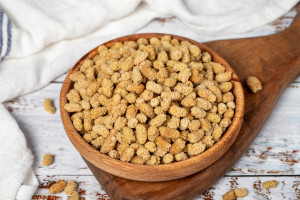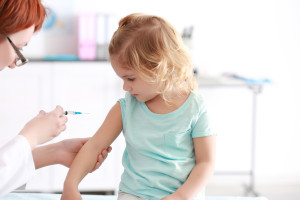Supplement banned. Carcinogenic and genotoxic

Author: prepared by MCD • Source: Rynek Zdrowia, GIS • Published: 26 June 2025 01:19 • Updated: 26 June 2025 01:19
Producers must remove it from circulation, and consumers must check their medicine cabinets and cosmetic bags. Aloe leaf extract has been banned by the Chief Sanitary Inspectorate in dietary supplements. European experts warn: it may have a carcinogenic effect.
By decision of the Chief Sanitary Inspector (GIS) , aloe leaf extract is on the list of products prohibited in the production of dietary supplements. It was included there thanks to analyses by the Dietary Supplements Team operating at the GIS Sanitary and Epidemiological Council.
The decision was dictated by the ban previously introduced by the European Commission on the use of hydroxyanthracene derivatives and aloe leaf preparations containing dangerous derivatives in food.
Aloe leaf extract could be found in juices and gels , which were used as ingredients in dietary supplements.
In addition to aloe , three more compounds were also added to the GIS "blacklist", as experts reported in a statement published on the GIS website in 2022.
- Due to the entry into force of Commission Regulation (EU) 2021/468 of 18 March 2021 amending Annex III to Regulation (EC) No 1925/2006 of the European Parliament and of the Council as regards plant species containing hydroxyanthracene derivatives and changes in the conditions of use of leaf preparations of Aloe species containing hydroxyanthracene derivatives, the Team for Dietary Supplements has repealed Resolution No. 2/2019 of 14 January 2019 on the expression of an opinion on the use of aloe leaf preparations (extracts, juice and gel) as ingredients of dietary supplements (Resolution No. 4/2022) - they informed.
Four substances can no longer be added in the production of dietary supplements:
- hordenine,
- higenamine,
- evodiamine,
- group of selective androgen receptor modulators.
- Considering the serious harmful effects on health associated with the use of the above-mentioned substances in food and the fact that it is not possible to establish a daily intake of hydroxyanthracene derivatives that does not pose a risk to human health, it was assumed that these substances should be banned in food, which was included in the provisions of food law, i.e. Commission Regulation (EU) No 2021/468 - explained the experts.
Experts have also subjected aloe leaf extract to detailed analysis due to its potential toxic effects . The European Food Safety Authority (EFSA) reported that the extract and the structural analogue of dantron are carcinogenic.
Another study found that hydroxyanthracene compounds and their derivatives may have genotoxic effects, i.e., they may have harmful effects on genetic material. At that time, it concerned emodine, aloe-emodine, and the structurally related danthrone.
Copyrighted material - reprint rules are specified in the regulations .
rynekzdrowia











